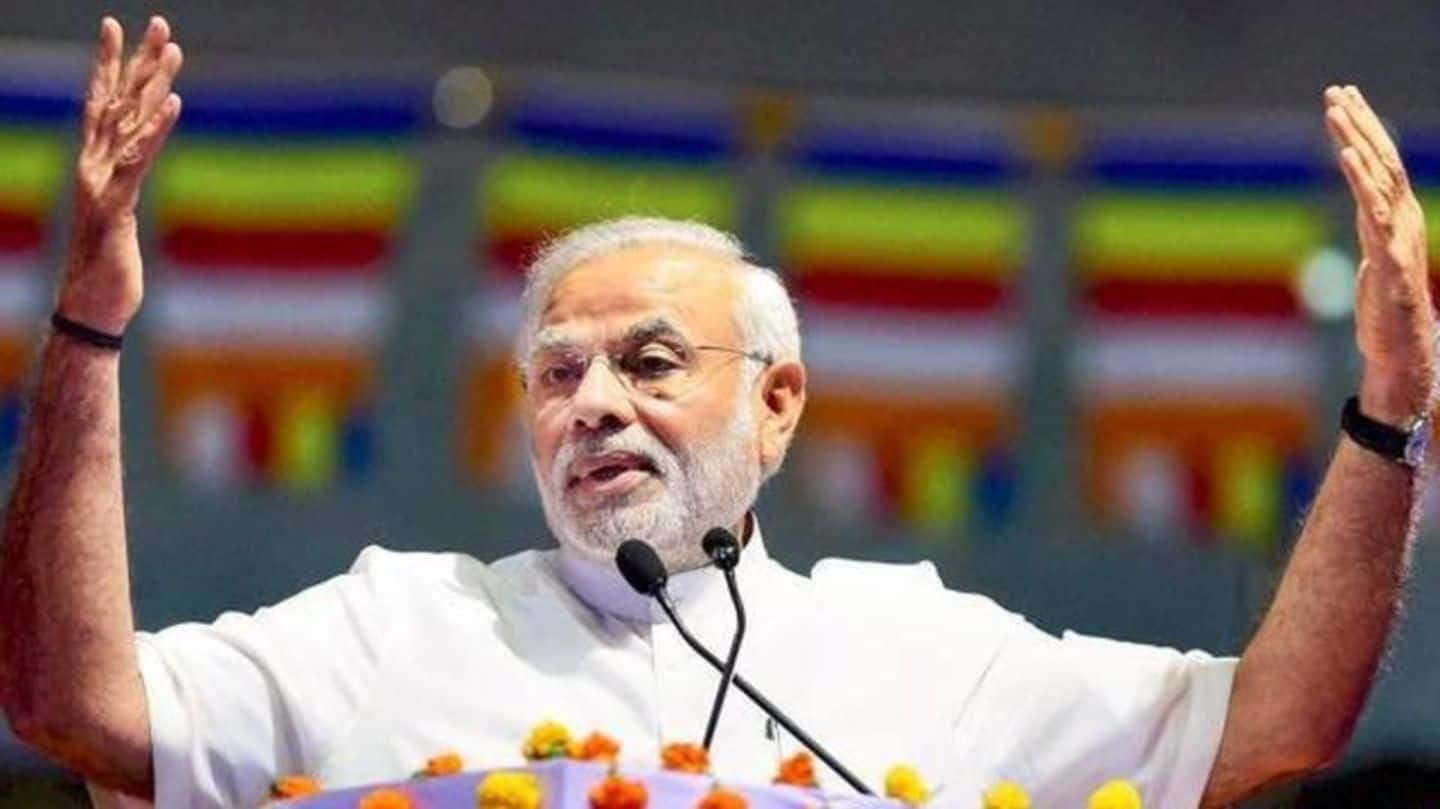
UN expert finds flaws in PM Modi's Swachh Bharat Mission
What's the story
The United Nations Special Rapporteur on Human Rights to Safe Drinking Water and Sanitation, Leo Heller, sharply criticized Swachh Bharat Abhiyan saying it "lacked a holistic human rights approach." After his two-week India visit where he visited rural and urban areas, slums, and settlement-camps, Heller presented a preliminary report. He said the Centre's focus on building toilets shouldn't overshadow providing drinking water to people.
Quote
Remarks on Swachh Bharat's logo
Presenting the preliminary report, Heller said: "Everywhere I went, I saw the logo of the Clean India Mission - (Mahatma) Gandhi's glasses. In its third year of implementation, now is a critical time to replace the lens of those glasses with the human rights lens."
Press Conference
Heller urges government to impart human rights perspective
A press release on Swachh Bharat Abhiyan issue by the UN Human Rights High Commissioner Office was distributed during the conference. Heller said instead of having a "holistic way" of human rights approach, the mission has a "piecemeal approach". Commenting on the mission's logo based on Mahatma Gandhi's glasses, Heller took a dig at the government that Gandhi was a human rights champion.
Two-Week Visit
Ending open defecation isn't only about building toilets: Heller
Heller visited Delhi, Lucknow, Kolkata, Imphal, and Mumbai and met with some government authorities. He said those belonging to scheduled castes and scheduled tribes still face discrimination in accessing toilets. He added the Centre's "emphasis" on building latrines shouldn't "involuntarily contribute to violating the fundamental rights" of specific caste groups involved in manual scavenging and ethnic minorities residing in remote areas.
Quote
"ODF certification procedure not very straightforward"
Criticizing Centre's Open-Defecation Free (ODF) certification mechanism, Heller said: "According to responsible ministries, the protocol to certify an ODF area is not the same for rural and urban areas. I also learned that in some places, ODF certified areas are not de facto open-defecation free."
Findings
Government needs to make sustained efforts: UN Expert
Heller said Swachh Bharat's IEC (information, education, and communication) mechanism lacks proper methodology; few events/workshops aren't enough for effectively implementing the scheme. He stated allocating funds isn't enough; sanitation and drinking water should also be given equal priority. Heller, who was invited to India by the Centre, would submit his complete findings and recommendations at the 39th Human Rights Council session in Sep'18.
Toilets
A unique initiative by PM Modi, says Heller
However, the UN expert later said he has a "mixed perception" about Swachh Bharat Mission. He added the Mission's website showed 53-million toilets were constructed over the past three years in rural areas alone, which was "very impressive". Heller was appointed by the UNHRC to "monitor, report, and advise" on the situation of human rights to drinking water and sanitation across the world.
Govt's Reaction
Heller's remarks draw criticism from government
Reacting to Heller's comments on Swachh Bharat's logo, the Centre stated they showed "serious insensitivity towards the Father of our Nation." Dismissing the expert's findings as a "rambling report," the government stated it contained "inaccuracies, sweeping generalizations, and biases". It also said the report, having "some anecdotal reference", was prepared after a short two-week visit "with fleeting trips to a few states."